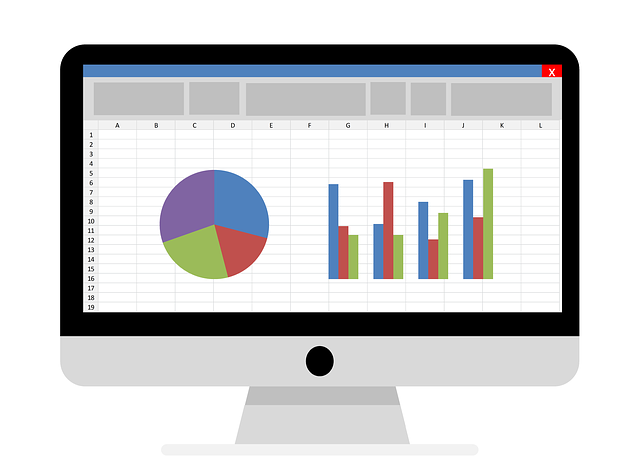How to Transition from Personal to Business Accounting by Aron Govil

Owning and operating a small business can be a very rewarding experience, both personally and financially. However, as any small business owner will tell you, there are a lot of challenges that come with the territory. One of the most daunting tasks for any small business owner is keeping track of their finances. This can be especially challenging when transitioning from personal to business accounting.
In this article, we will outline some tips on how to make the transition as seamless as possible.
1. Get Organized:
The first step in transitioning from personal to business accounting is getting your finances organized. This means creating a system for tracking your income and expenses. It may be helpful to set up separate bank accounts and credit cards for your business transactions. You should also create a filing system for your business records says Aron Govil.
2. Set Up a Business Budget:
A key part of transitioning to business accounting is creating a budget for your business. This will help you track your expenses and income, and stay on top of your financials. It is important to be realistic when creating your budget and make sure to include both short-term and long-term goals.
3. Keep Accurate Records:
One of the most important aspects of business accounting is keeping accurate records of your transactions. This means recording every penny that goes in and out of your business. This can be done manually or electronically, whichever works best for you.
4. Get Professional Help:
If you are feeling overwhelmed or need help getting started, it may be a good idea to consult with a professional accountant. They can help you set up a system for tracking your finances and give you advice on how to grow your business.
Making the transition from personal to business accounting can be challenging, but with these tips it can be done efficiently and effectively. By getting organized and setting up a budget, you will be well on your way to keeping track of your small business finances.
Once you have gotten your finances in order, the next step is setting up a budget. This is an important step in any small business, and can be especially helpful when transitioning to business accounting. When creating your budget, it is important to be realistic about both your short-term and long-term goals.
Another key part of transitioning to business accounting is keeping accurate records of your transactions. This means recording every penny that goes in and out of your business. This can be done manually or electronically, whichever works best for you.
If you are feeling overwhelmed or need help getting started, it may be a good idea to consult with a professional accountant. They can help you set up a system for tracking your finances and give you advice on how to grow your business.
When you start a business, you need to set up a system for tracking your finances. This includes both personal and business expenses. It can be tricky to transition from tracking your personal finances to tracking your business finances.
Here are some tips to help make the transition easier:
1. Make a list of all the business expenses you incurred in the past month.
2. Group expenses into categories such as rent, marketing, supplies, etc.
3. Create a budget for each category.
4. Keep track of your spending in each category over time.
5. Review your finances regularly and make adjustments as needed.
1. Make a list of all the business expenses you incurred in the past month:
-Rent
-Marketing
-Supplies
-Etc.
2. Group expenses into categories such as rent, marketing, supplies, etc.:
-Rent
-Cable and internet
-Phone bill
-Office supplies
-Marketing
3. Create a budget for each category:
-Rent: $400
-Cable and internet: $50
-Phone bill: $40
-Office supplies: $10
-Marketing: $200
4. Keep track of your spending in each category over time:
-Rent: $350
-Cable and internet: $45
-Phone bill: $35
-Office supplies: $8
-Marketing: $175
5. Review your finances regularly and make adjustments as needed:
-If you are over budget in a category, adjust your spending or find a way to bring in more revenue.
-If you are under budget in a category, consider allocating the extra funds to another category.
-Keep track of your overall business finances and make sure you are on track to meet your goals.
Conclusion by Aron Govil:
Transitioning from personal to business accounting can be tricky, but with a little organization and discipline it can be done. By following the tips above, you can make the transition smoother and easier.




